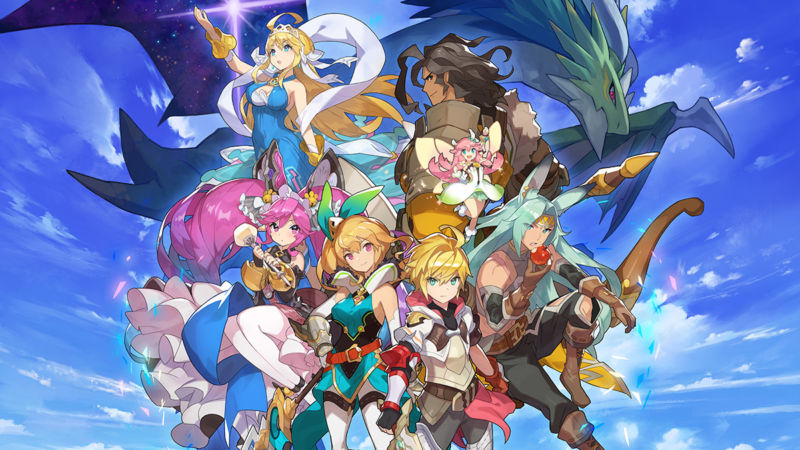Nintendo to smartphone game makers: You can only gouge our players so much

Here at Ars Technica, we’ve scrutinized Nintendo’s smartphone games with a frank conclusion: they’re often brutal about microtransactions. “Free-to-play” games like Fire Emblem Heroes, Animal Crossing: Pocket Camp, and Dragalia Lost all revolve around a variety of in-game currencies, and they don’t take long to poke players with paid shortcuts to either save time or unlock more loot boxes.
But as it turns out, those games could have been worse—at least, according to one Japanese smartphone game maker who blames Nintendo for reduced revenue.
Wall Street Journal reporter Takashi Mochizuki took a Wednesday opportunity to review one game maker’s financial reports: CyberAgent Inc, maker of smartphone games like the Nintendo-published Dragalia Lost. This report, published at the end of January, made vague allusions to a single smartphone game dragging the company down. Quoting from the company’s own English-language press release:
At the time of the original earnings forecast announcement on October 25, we looked a new game title made a good start [sic]. However, its performance is being slower than we expected as of today.

That resulted in a whopping 20-percent drop in revenue expectations in the company’s gaming sector, from 50 billion yen to 40 billion. Mochizuki pressed the company to confirm which game that was, and CyberAgent confirmed the game in question was indeed Nintendo’s Dragalia Lost (which matches up with Nintendo’s massive advertising blitz for the game in its home country, as I saw on a recent vacation there).
The company clarified things even further to the WSJ, alleging that Nintendo responded to players’ complaints about Dragalia‘s loot box economy by asking the developer to “adjust the game” to reduce how much a player might spend in the game to progress normally.
“Nintendo is not interested in making a large amount of revenue from a single smartphone game,” a CyberAgent representative told the WSJ. “If we managed the game alone, we would have made a lot more.”
When asked by the WSJ, Nintendo’s Japanese arm replied with a statement that apparently confirms CyberAgent’s allegation. “We discuss various things, not just limited to payments, to deliver high-quality fun to consumers,” the Nintendo rep told the WSJ.
As Mochizuki points out, Nintendo’s revenue goals for its entire smartphone-gaming sector are considered modest compared to other large Japanese publishers. This may be thanks to Nintendo’s position as a cash-heavy company, though it might also be because its smartphone games are positioned less to make oodles of cash and more to raise awareness of Nintendo’s IP (which Nintendo will soon leverage with theme park attractions and a feature-length film). We’ll see whether that “conservative” approach to microtransactions persists when Mario Kart Tour launches for smartphones later this year.
https://arstechnica.com/?p=1469483